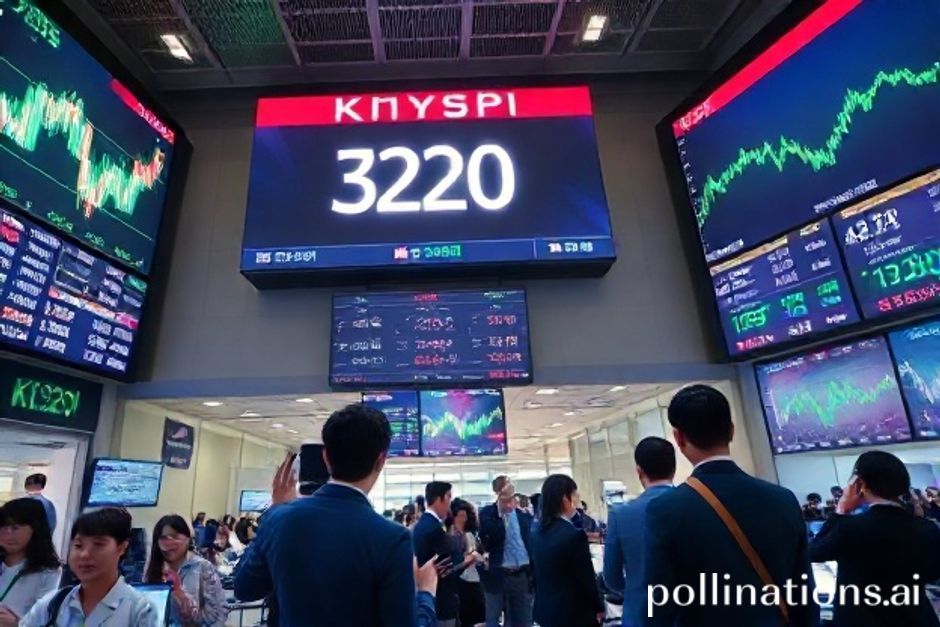Economic Significance and Market Context
South Korea Implements Nationwide Rental Contract Reporting System to Boost Market Transparency reflects important developments in South Korea's advanced economy and its integration with global financial systems. As the world's 10th largest economy, Korea's economic policies and market trends have significant implications both domestically and internationally.

For American readers, Korea's economic model offers insights into how a mid-sized developed economy can maintain competitiveness in global markets while addressing domestic challenges including technological disruption, demographic change, and evolving consumer preferences.
Industry Analysis and Competitive Dynamics
This economic development occurs within the context of Korea's highly competitive business environment and the country's strategic focus on innovation-driven growth. Korean companies increasingly compete globally while adapting to rapid technological change and shifting international trade patterns.
The Korean economy's structure, dominated by large conglomerates (chaebols) alongside dynamic small and medium enterprises, creates unique competitive dynamics that influence both domestic market conditions and international business strategies. Understanding these dynamics is essential for analyzing current economic trends.
Global Integration and Trade Implications
Korea's economic developments often reflect broader global trends while showcasing the country's distinctive approach to balancing export-oriented growth with domestic market development. The country's extensive trade relationships and foreign direct investment flows create complex interconnections with major world economies.
As a middle power in the global economy, Korea's policy choices and market trends can influence regional economic integration and contribute to international discussions about trade policy, technological innovation, and sustainable development strategies.
The implications of Korean economic developments extend throughout the Asia-Pacific region and affect global supply chains, particularly in technology, automotive, and cultural industries where Korean companies maintain leading positions.
Original Korean Article: 한국어 원문 보기


0 Comments